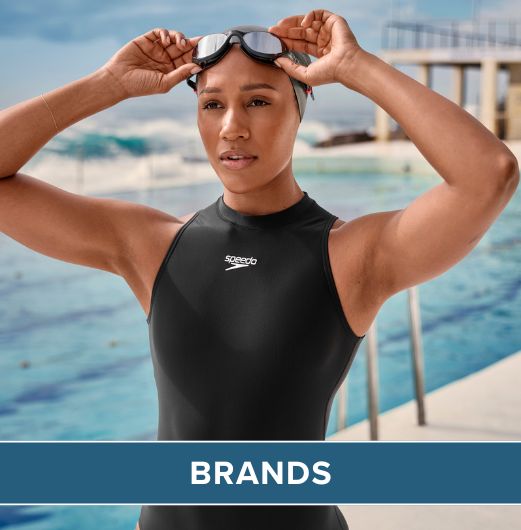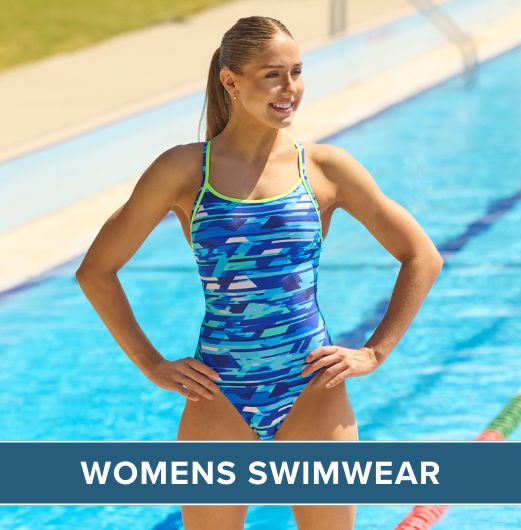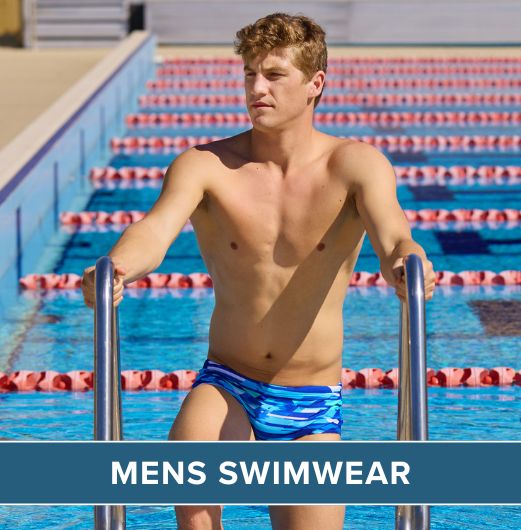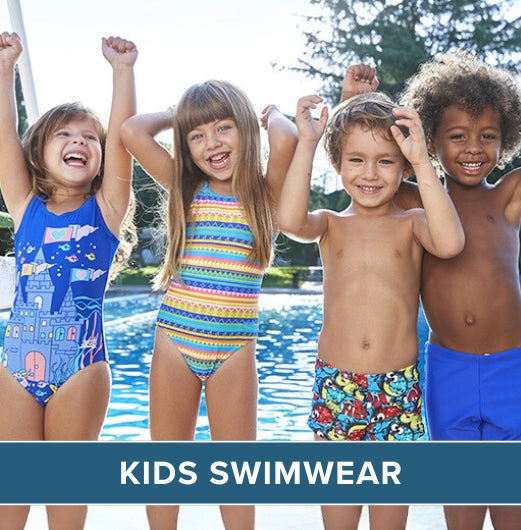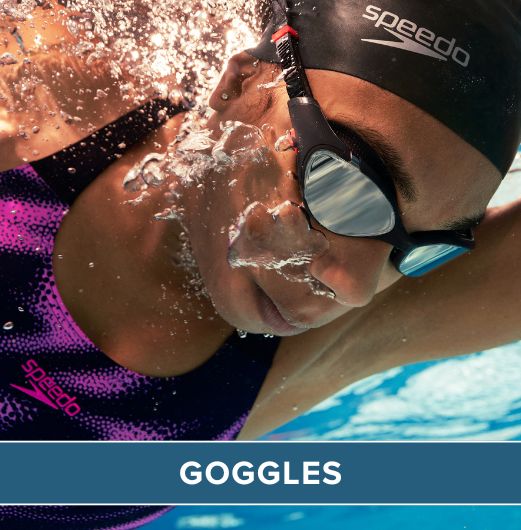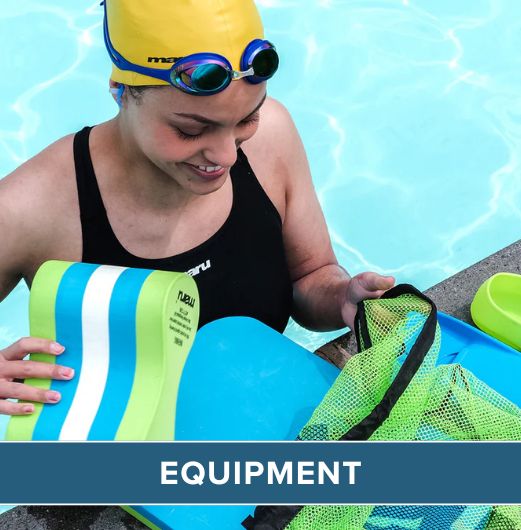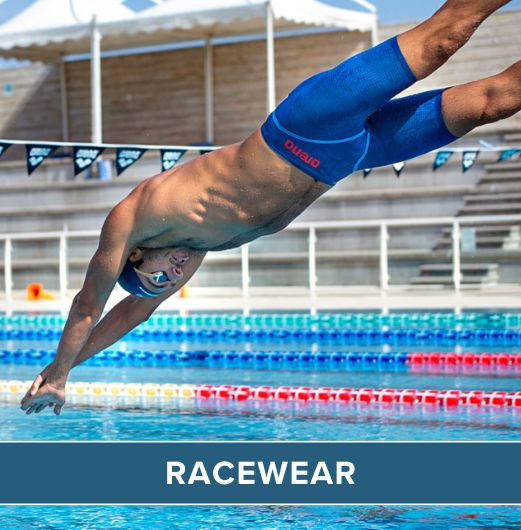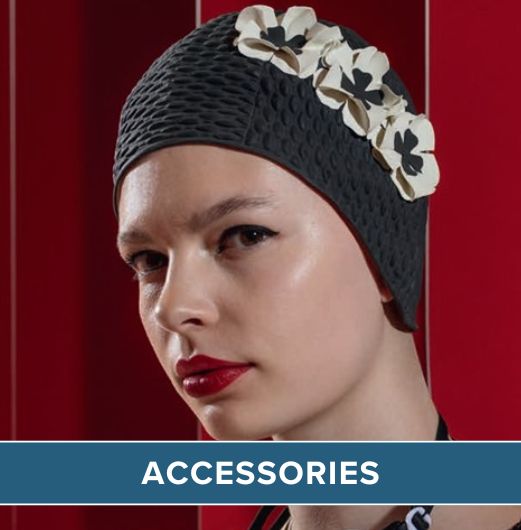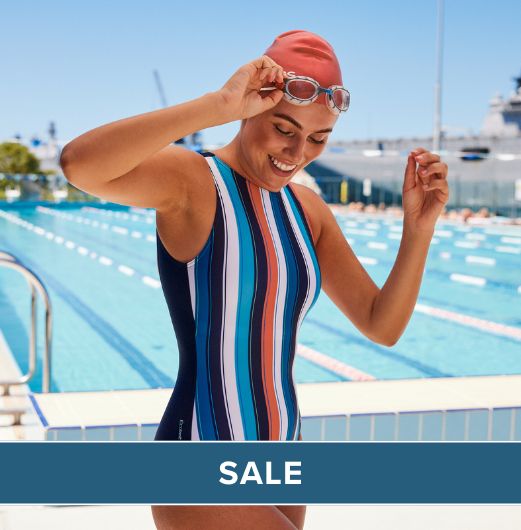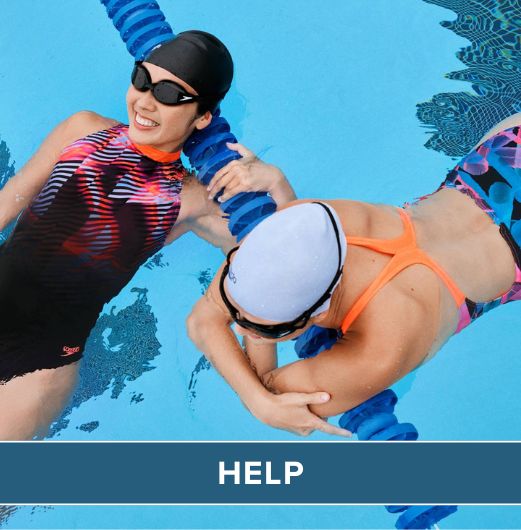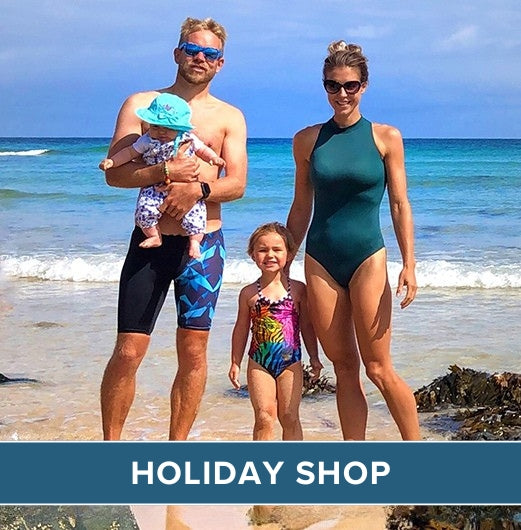Simply Swim Interviews Paralympic Medallist Claire Cashmore
We recently had the pleasure of meeting Paralympic Medallist Claire Cashmore during a training session up in Manchester and she kindly allowed us to interview her so we could give you guys a insight into her amazing swimming career so far and what it's like to train for something as huge as the Paralympic Games. Claire was born without a left forearm but has always been athletic, participating in a variety of sports from a young age. In this video Claire talks about how she first fell in love with swimming and the events that led to her great successes of recent times. At 25 years of age Claire Cashmore has already competed in three Paralympic Games, she represented Great Britain in Athens at the age of 16 and then Beijing aged 20 and then again in London 2012 where she collected two Silver Medals and a Bronze! Claire is hoping to do even better at the Rio 2016 games which she is already training hard for and is also aiming to compete in the Commonwealth Games and the European Games leading up to Rio. We're extremely proud to be supporting Claire during her training and providing her with all the training and competition gear she needs leading up to the event in two years time. In this video we ask Claire all about her training regimes in and out of the water, the equipment she uses, nutrition, how it felt to be at London 2012 and win 3 medals, how she got started in swimming, what it was like juggling university with swim training and lots more. Transcript: I started swimming from a very young age, actually. Initially I was very nervous. My mum used to take me to the pool and I didn't really want to get in. I hated it. And then we moved to Dubai when I was age five, and I absolutely loved it. I was a massive water baby. Couldn't spend enough time in the water. And then I started competing at the age of about, probably nine, just on a very, very local swimming gala basis. But, yeah, I loved it. People always ask me, like, "How can you swim with one arm?" But I'm like, "Well, how do you swim with two arms?" Because I've been born like this, I've never known any difference. So, yeah, I don't know what it's like to swim with two arms. My strokes, I always feel like I look like somebody with two arms. But actually, when I look at myself in a video, I'm like, "Oh, gosh, your stroke looks a little bit rubbish." But, no, I definitely have some imbalances in my body. I'm stronger in my right arm and my left leg. And my right leg actually suffers a little bit, because I don't tend to use this arm as much as I should do, on my stump side. But you kind of use what you've got to the best of your ability. Yeah, in my first Paralympic games was age 16, and in Athens. It was actually my first international competition. So as you can imagine, it's kind of being completely thrown in the deep end. Never competed against any of these people before. But it was amazing. It was the most amazing experience. And I think actually, I really performed well with it because, I didn't have any expectations. I just went in there and did my best. And that was all I could ask for. I just thought, "Oh, this is fun. This is exciting." Whereas Beijing and London, you put that pressure on yourself because you've done the business. You know, I came back with two bronze medals, age 16. So then, going to Beijing and London, I kind of put that little bit of pressure on myself. Beijing was a little bit of a disappointment. I didn't achieve what I set out to achieve. I actually went in rank number one in the world, and then came out with a bronze medal. Which, people are like, "Oh, don't be so tough on yourself." But actually, when you go there and you pretty much think that your name's written on that gold medal, and then I freaked out on the day and didn't perform to how I was meant to perform. So, it was a big disappointment. But London, incredible. The best two weeks of my life. And I really find it hard to put it into words. Like, people keep saying, "How was London? It looked so amazing from the TV." I just really find it hard to describe what it was like. Standing in front of seventeen and a half thousand people. Seeing the red, white and blue Union Jack, and they're all cheering for you. They don't care if you win, if you come second, if you come third, or if you come last. They're just so happy to be there, and to support a British athlete. And it really was an incredible experience. I got my degree in linguistics from Leeds University. So I started straight out of Beijing. I literally flew back, arrived back, and then the next day, I went up to Leeds Uni to start freshers week and then straight into my course. And then I had a few weeks off from training, and then straight into it. So I finished the year before London. So I had a year of break before London, 2012 games. So it's kind of perfect timing. And actually, I swam my best whilst writing my dissertation. Balancing education and swimming is obviously a really tough thing. But I think it's so important that you can have that balance. And actually, for me, it worked really well. Obviously, you have to kind of realize that you're not going to be able to go out with your friends all the time, and you're going to have to make a lot of sacrifices in your life. But, standing on that medal podium in London, made all those early mornings, and all those sacrifices of not going on holiday with my friends, or going out at night, really worthwhile. Rio is only now two and a bit years away. I remember thinking after London, "Oh, gosh, it's another four years, it's a long time." But it comes around so quickly. And it's going to be incredible. I just hope that they step it up from London. Because London, for the first time, Paralympic sport was really put on a pedestal. And I hope that in Rio we can do that again and carry it on and just be even better.
 Free Tracked UK Delivery
Free Tracked UK Delivery Hassle Free Returns
Hassle Free Returns Next Working Day OPTION
Next Working Day OPTION Found It Cheaper?
Found It Cheaper?



